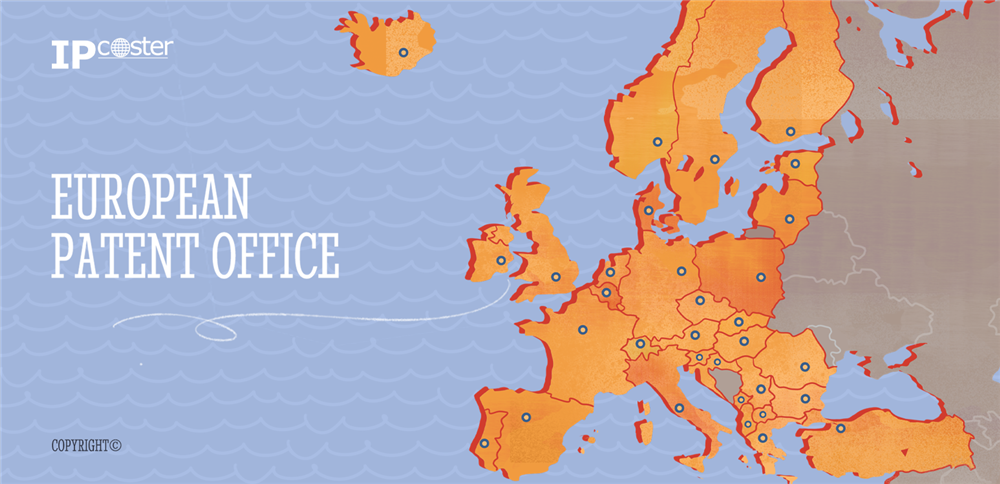IP-Academy

European Patent Office
The European Patent Office (EPO) is a regional intellectual property office which contributes to a unified patent system across member states, streamlining the process for the protection of patents across the region. It is headquartered in Munich, Germany, with several other branch offices present in cities across Europe.
The EPO is the executive arm of the European Patent Organisation, an intergovernmental structure established on October 7, 1977, on the basis of the European Patent Convention (EPC) signed in 1973. The organization has grown to include all 27 member states of the European Union, alongside other non-EU states, bringing the total number of EPO member states to 39 inclusive of 44 respective countries.
The EPO operates alongside the EPC, a treaty which provides a legal framework for the granting of European patents by way of a single, harmonized procedure before the EPO. This mechanism allows the EPO to function as a centralized patent office for European member states, allowing applicants to file for protection of their inventions via a more simplified route when compared with filing for patent protection separately in each respective country. As such, the EPO plays a pivotal role in the intellectual property field of the region.
The EPO operates in three official languages, namely English, French and German, and patent applications may be filed in any of the three official languages.
One of the core functions of the EPO is to provide for the examination and granting of patents for inventions, with examiners from the Office assessing applications as per the necessary criteria such as a patent possessing novelty, industrial applicability and an inventive step.
Further establishing its role in the international IP landscape, the EPO is also actively involved in multiple international patent co-operations, with the office notably constituting one of the members of the Patent Cooperation Treaty (PCT). The PCT streamlines the process for the filing of international patent applications and facilitates the exchange of information and prior art. Moreover, the EPO has forged further collaborations with approximately 75 IP offices and regional IP organizations across the globe.
The Office has also formed cooperative validation agreements with five non-member states, namely Cambodia, Georgia, Moldova, Morocco and Tunisia. These agreements allow applicants to file for patent protection via the harmonized procedure before the EPO as they would when seeking patent protection in member states (either directly or via the Euro-PCT route), however applicants may request patent validation in the 5 aforementioned states despite them being non EPC members. The validation of a European patent in such states will have the same effect as a national patent would in each state respectively, and is available upon paying the corresponding fee.
Applications for patents in validation states are subject to the national laws of each respective state, however the state itself will not conduct examination, with the examination results conducted by the EPO being utilized instead.
The EPO plays an important role in the IP sphere on both an European regional level, and on an international level. Beyond its patent granting function, the EPO supports innovation by providing access to extensive patent databases and resources. As well as applicants and inventors, others such as researchers and policymakers can utilize data produced by the EPO to analyze and monitor patterns and trends in the field of technology to make informed decisions with respect to their patent portfolio, prospective applications, and future innovation.
Further, the work produced by the EPO and the quality of examination of patents has a direct impact on economic development and innovation in Europe. The EPO therefore aids in facilitating the encouragement of investment in research and development, fostering economic growth and technological advancement in the European region.
If you are interested in filing for patent protection by way of the EPO or Euro-PCT, or simply would like to learn more, contact us via our website or social media platforms.